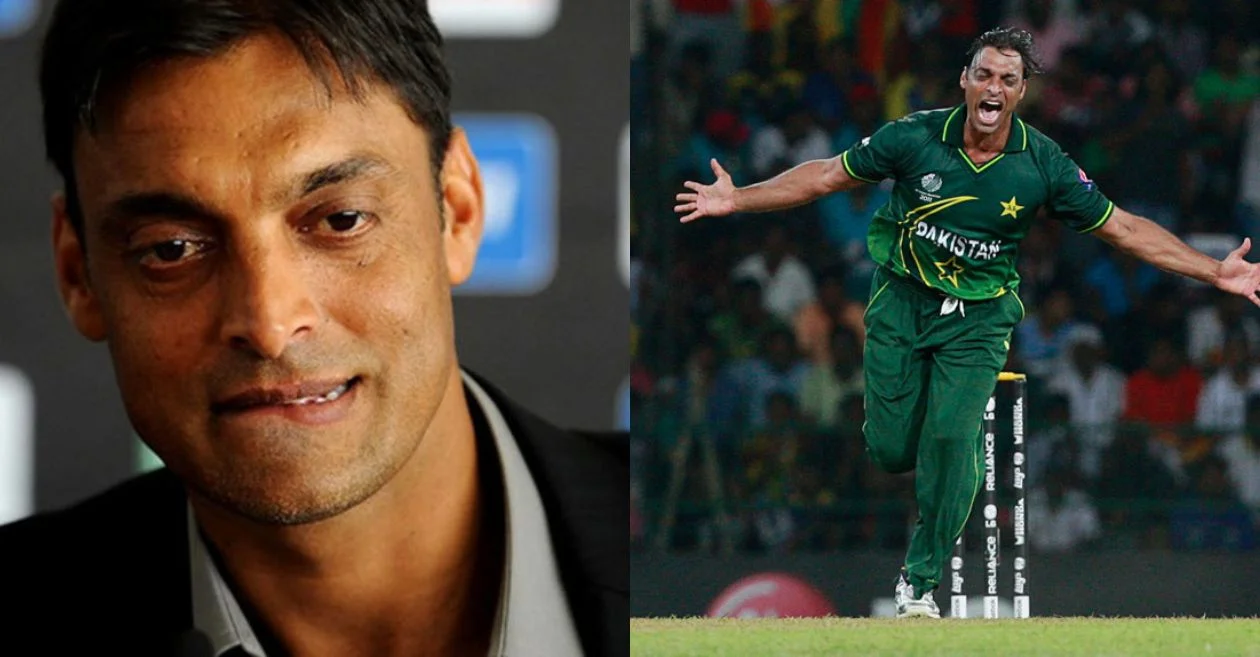Shoaib Akhtar, the former Pakistan pace sensation, is undeniably one of the most exceptional fast bowlers the cricketing world has ever witnessed. He still holds the record for delivering the fastest ball in international cricket, with an astonishing speed of 161.3 kmph. Beyond Akhtar sheer pace, his impact on batters remains etched in cricketing memory, as he unleashed fiery spells that often haunted opposing players. With his imposing physique and a deadly run-up, he struck fear into the hearts of batters on the cricket field.
However, the Rawalpindi-born cricketer’s career was marred by frequent injuries that disrupted his momentum. Despite these setbacks, he displayed remarkable resilience by staging multiple comebacks after undergoing surgeries and extensive rehabilitation, demonstrating his unwavering determination to compete at the highest level.
Akhtar’s insights on falling short of becoming the preeminent fast bowler
Akhtar recently shared a fascinating insight during an episode of the YouTube show ‘Wake up with Sorabh.’ The 48-year-old reflected on how, if not for these persistent injuries, he firmly believes he could have ascended to the title of the world’s preeminent fast bowler.
Also READ: Shoaib Akhtar picks an Indian player as his toughest opponent on the cricketing field
“I could’ve become the greatest fast bowler in the history of the game, but my knees did not support me. My physical fitness was such that I was in agony. I had to go through 12 operations on my knee including a knee replacement last year, and I am still struggling. But I always believed in running in hard and putting up a good show, just like a modern day gladiator. I always believed that people need to remember who I was,” Akhtar said.
Nevertheless, despite these adversities, Akhtar ultimately etched his name as one of the most accomplished bowlers in the annals of cricket. His impressive record boasted a substantial collection of wickets across various formats. Over the course of his career, he participated in 163 ODIs, 46 Test matches, and 15 T20Is, amassing a remarkable haul of 247 wickets in ODIs, 178 wickets in Tests, and 19 wickets in T20Is. This statistical achievement solidifies his standing as a bowling legend in the sport’s history.
